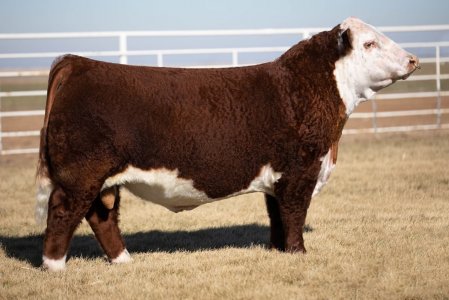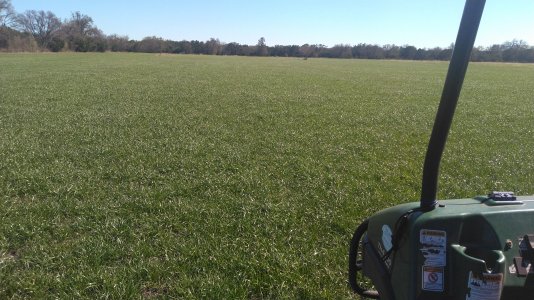I asked him and he said that by early winter seeding he was able to graze his Rye into about the middle of the summer. He said that blending the rye with annual legumes extends the grazing period. He does this with the advice of the University of GA Extension. Please note that he is in North Georgia and not South or Coastal Georgia (very moderate climate). I do know that he also has very fertile soil on his place.I will reach out to him and get back to you.
My advice would be to reach out to your local extension office and see what they recommend based on the condition of your soil and climate.
Last edited:




